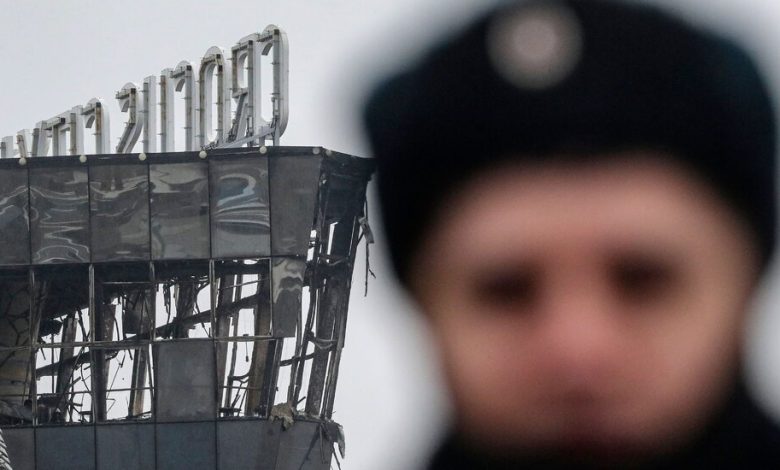Who Is Blowing Up Russia?

There are two plausible hypotheses regarding Friday’s terrorist attack at a concert hall outside Moscow, in which at least 139 people were killed. The first is that it was an inside job — orchestrated by Russian security services, or at least carried out with their foreknowledge.
The second is that it wasn’t.
In open societies, conspiracy theories are for cranks. In closed societies, they’re a reasonable (if not always correct) way to understand political phenomena.
In 1999, more than 300 Russians were killed and 1,700 injured in a series of apartment bombings for which authorities blamed Chechen terrorists. The bombings served as a pretext for Vladimir Putin — who had ascended swiftly from secondary apparatchik to director of the Federal Security Service, or F.S.B., to prime minister — to launch the second Chechen war.
Then something strange happened. The police found three enormous sacks of white powder in the basement of an apartment building in the city of Ryazan, connected to a detonator and timer set to go off at 5:30 in the morning. Initial tests of the powder found it contained the same explosive, hexogen, that had been used in other bombings.
The police soon apprehended the culprits who had placed the sacks — and they turned out to be employees of the F.S.B. The Russian government later said the sacks were filled with sugar and had been left in the buildings as a training exercise. But as the historian David Satter and others have documented, the claim borders on the preposterous. And numerous journalists and politicians who sought to investigate the incident wound up poisoned or shot dead.
Why does this history matter? Because it shows that Putin “has no allergy to blood, Russian or any other kind, if spilling it furthers his goals,” as Garry Kasparov noted in The Wall Street Journal.
